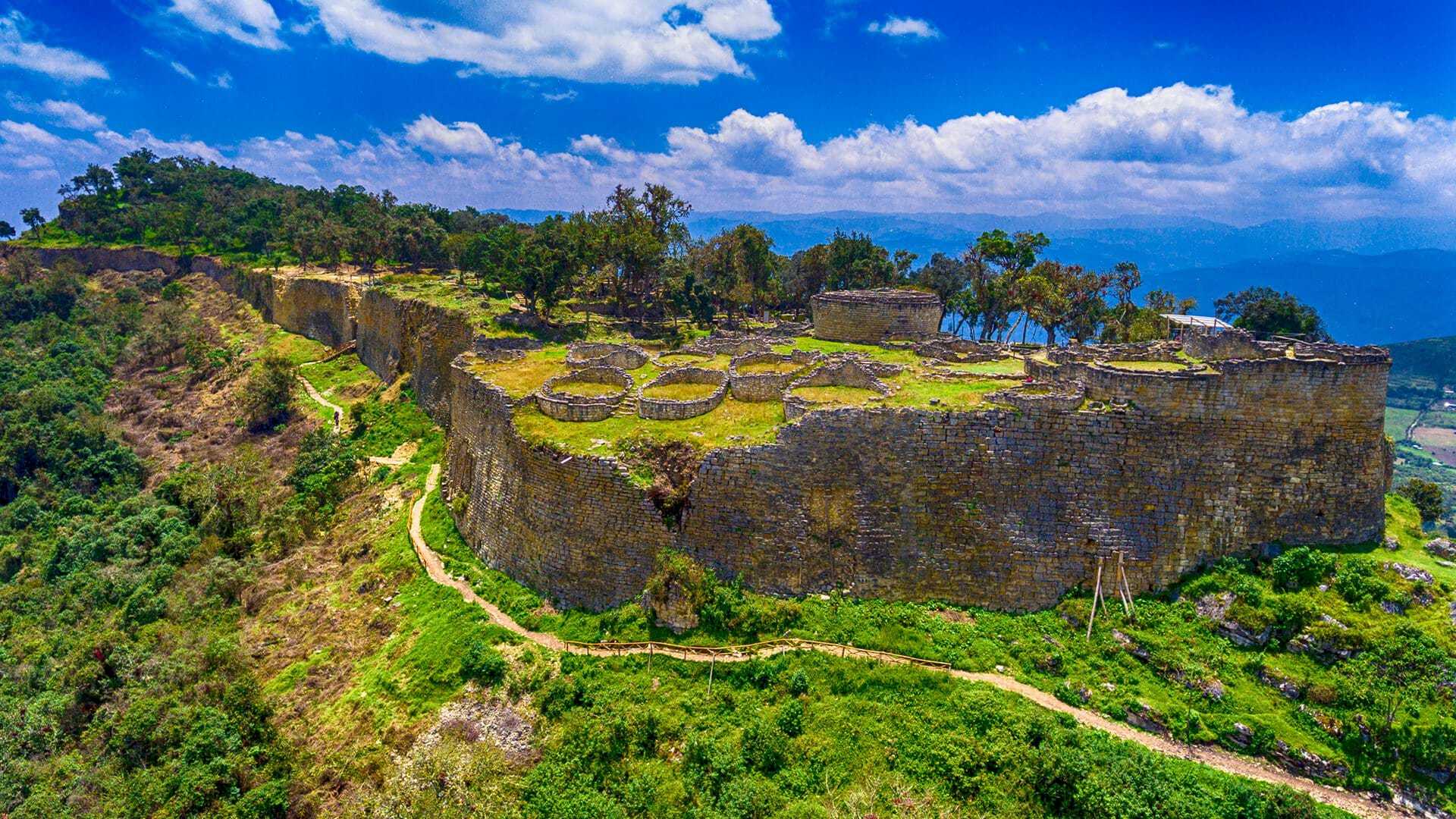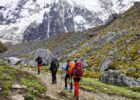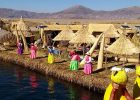Kuelap stands as one of the most impressive archaeological wonders of Peru, known as the “Fortress of the Clouds” due to its privileged location at 3,000 meters above sea level. This monumental archaeological complex, built by the Chachapoya culture between the 10th and 16th centuries AD, represents one of the most extraordinary architectural achievements of pre-Inca civilization.
The greatness of the Chachapoyas
The Chachapoyas, known as the “Warriors of the Clouds,” developed one of the most enigmatic cultures of ancient Peru. Kuelap constitutes their architectural masterpiece, a fortified citadel that strategically dominated the northern Amazon region of Peru. The construction of this complex required the labor of generations, using over 400,000 cubic meters of limestone.
The fortress extends over 600 meters in length and contains approximately 450 circular structures, some of which reach up to 15 meters in diameter. These constructions served as homes, temples, storage facilities, and workshops, evidencing a complex and highly organized society.
Monumental architecture among the clouds
What distinguishes Kuelap is its imposing perimeter wall, rising up to 19 meters in height, with walls that are 60 centimeters thick at the base. This massive fortification has only three narrow access points, strategically designed for defense, where only one person could pass at a time.
The Chachapoya construction technique is characterized by the use of limestone slabs arranged in horizontal rows, creating walls of remarkable strength. The circular structures, unique in Peruvian architecture, feature stone foundations and walls that originally rose with adobe and wood.
The Ink Well, an inverted conical structure 5.5 meters deep, represents one of the most fascinating mysteries of Kuelap. Archaeologists debate whether it served ceremonial, astronomical, or practical functions, adding an aura of mystery to this extraordinary site.

Where Kuelap is located
Kuelap is located in the province of Luya, Amazonas region, specifically in the district of Tingo, in northern Peru. The fortress is situated atop a mountain at 3,000 meters above sea level, in the heart of the Amazon cloud forest.
Its strategic location, between the Marañón and Huallaga rivers, provided the Chachapoyas with territorial control over trade routes connecting the coast, highlands, and jungle. The exact coordinates of the site are 6°25′ south latitude and 77°55′ west longitude.
How to get to Kuelap
From Lima:
- Flight Lima-Jaén (1 hour and 30 minutes)
- Land transport Jaén-Chachapoyas (3 hours)
- From Chachapoyas to the cable car station (1 hour)
From Chiclayo:
- Land transport Chiclayo-Chachapoyas (9 hours)
- From Chachapoyas to the cable car station (1 hour)
Final access:
- Kuelap cable car: 20 minutes of aerial travel
- Hike from the upper station: 1.5 kilometers (20-30 minutes)
Kuelap cable car
The cable car, inaugurated in 2017, revolutionized access to the fortress. Spanning 4 kilometers, it is one of the longest in South America and offers spectacular views of the Amazon landscape during the ride.
Cable car features:
- Capacity: 8 people per cabin
- Travel time: 20 minutes
- Hours: 8:00 AM to 4:00 PM
- Operation: Daily except Mondays
Best time to visit
Dry season (May to September):
- Lower chance of rain
- Clearer skies
- Better panoramic views
Rainy season (October to April):
- Greener and more lush landscape
- Higher chance of mist
- Fewer visitors
What to see in Kuelap
Main attractions:
- Perimeter wall and defensive accesses
- Chachapoya circular structures
- The Ink Well (ceremonial structure)
- Main viewpoint with valley views
- Area of temples and ceremonial structures
- Residential and storage sectors

Practical recommendations
What to bring:
- Warm and waterproof clothing
- Non-slip footwear
- Sunblock and hat
- Water and snacks
- Camera
Visit duration:
- Recommended duration: 2-3 hours
- Start early to avoid mist
- Consider time for the cable car
Services and facilities
The base station of the cable car has basic services, a souvenir shop, café, and restrooms. The upper station has minimal facilities, so it is recommended to bring what you need for your visit.
The archaeological site features marked trails, strategic viewpoints, and specialized staff who can provide information about the Chachapoya culture and the historical significance of Kuelap.




